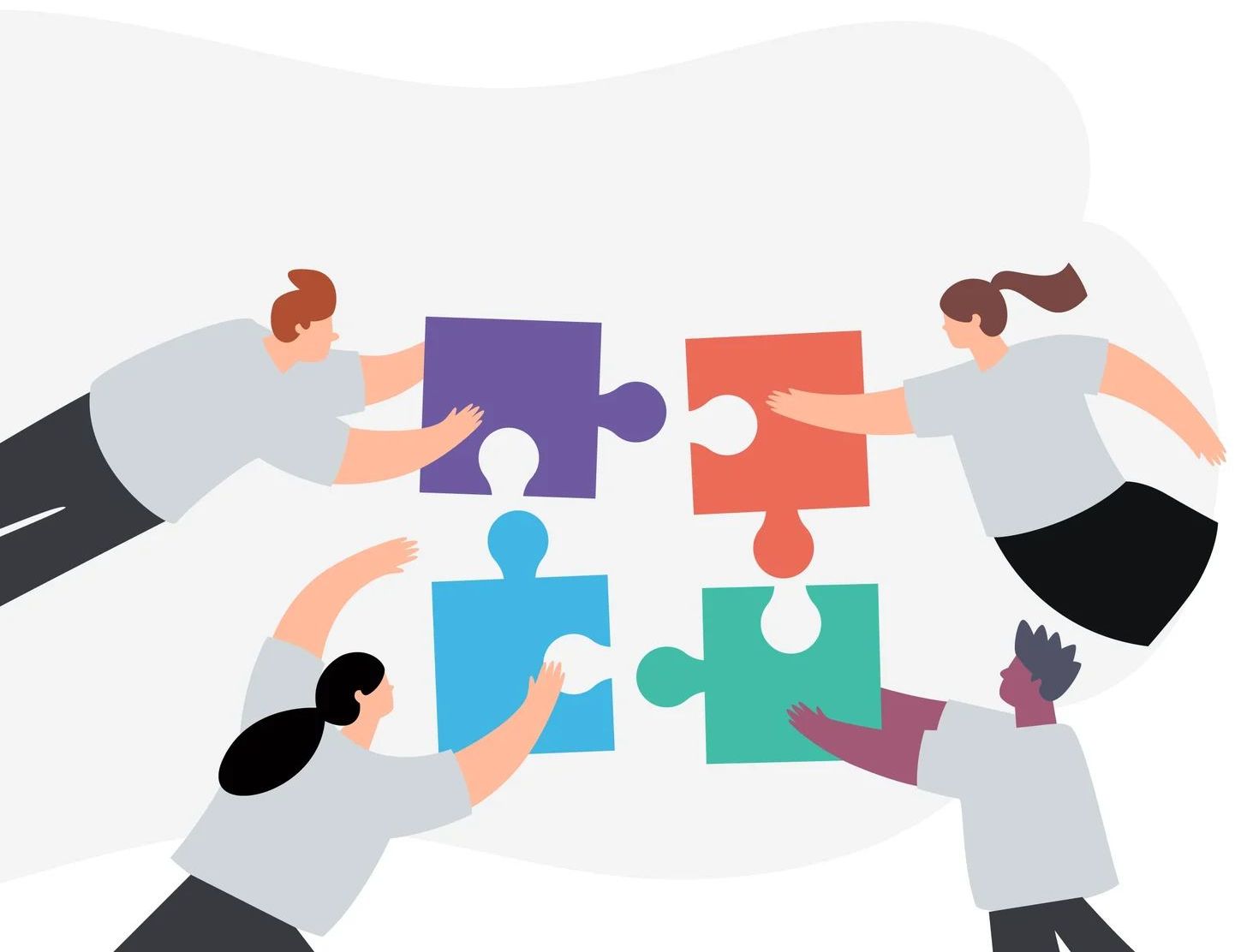Good mental health and happiness depend on our active participation in helping family, community and work
Ascension Sunday of Easter – June 1, 2025
The meaning of the Ascension is really simple: Jesus returned to the Father in Heaven. Jesus has done His part and leaves you and I, the Apostles and Disciples of today, to do our part.
Effectively, Jesus is saying: “I trust you!” and “I need you!”. And, through the Advocate the Holy Spirit, Jesus is also saying: I will be with you but in a special way that allows you to be the best you can be. That is, we are given space to be responsible and do things for ourselves.
But, why is this important for us? By doing things ourselves, and taking responsibility, we develop healthy pride and purpose in our lives. Think of family life: when parents give children responsibilities and duties, they grow more mature and proud of themselves as they develop new skills and they sub-consciously feel important and needed.
In addition to our need for a spiritual framework, psychologists and counsellors list four key emotional needs for every person:
1) to love and be loved,
2) to feel a sense of belonging,
3) to have fun,
4) to achieve things.
No. 2, a sense of belonging, is largely achieved when we are given responsibilities and feel needed. Even though many of us get tired of being needed, of having too many responsibilities, they are critical to good mental health. Like everything, when someone is expected to do too much, they can be pushed into exhaustion and depression. So, let us be careful.
My Irish friend, Fr Charlie in Indonesia, shared how he responded after his dad had a heart attack and was no longer able to work. At age 9 he decided to do what he could to help the family: he started a raising chickens. After several setbacks when many died, he succeeded.
While listening to his story, I asked myself why God made it so hard for him to make it a success. But, the story continued. When the chickens died, he packed one up and sent it to the Agriculture Department to find out why. This happened twice. Each time the department said they were lacking a certain vitamin. So, he also developed trouble-shooting skills.
As they had no money to buy readymade solutions, he organised the raw ingredients and made the required additions to the feed. He then happily sold eggs at Easter and Christmas for higher prices and sold them for meat between those periods. He was loaning money to his siblings before he was 12 years of age, while helping his mum make ends meet to feed the family.
This participation at a young age developed life-long skills and attitudes that have helped him live a meaningful and happy life. Can each of us say the same?
The Feast of Ascension is a good reminder to us to think about how well we involve other people in our family life, community life and work life.
To be fair, it is not always easy or stress-free to involve others: and sometimes they make expensive mistakes or slow us down. However, in the long-run, living or working with healthy people around us creates a stronger, more prosperous, peaceful and happy life for all.
Youth in Kenya, likewise, have often stepped up to take responsibility for their family after their parents have passed away or become unable to look after their children.
Sadly, many youth were called to step up because of selfish actions by their parents: drunkenness or abandonment. In which case the responsibility carries the extra burden of forgiveness. But, still, there are many young people who have stepped up to do their duty before time, and managed to also care for such parents as an active sign of forgiveness.
What about you? What about me? Do we take responsibility when we see a need? Or do we say, “that is someone else’s job!”? eg. when we see rubbish on the ground, do we pick it up? When we see a mess in our home or workplace, do we try to clean it up?
As we grow older, we have two duties to build a happy future:
1) give more responsibility to younger people through training, instructions and absenting ourselves to give them room. 2) take initiative to get involved in important community services.
Community services can be volunteer fire brigade, being patron of youth groups, volunteer sports coaching, local Government leadership and attending meetings to help the Government make better decisions. Even just attending and encouraging sporting activities as a local community event is important.
Many of us either know or see people around who are kind of sad, depressed or suffer other mental health issues. Jesus is saying: “I trust you!” and “I need you!”. Can we be good neighbours this week by inviting others to be involved in something, or making an effort to help out in community activities? In the short-term it might feel like “extra work”, but in the long term we are building the Kingdom of God here on earth: our own happiness.
By Gerard Conlan, OMI


